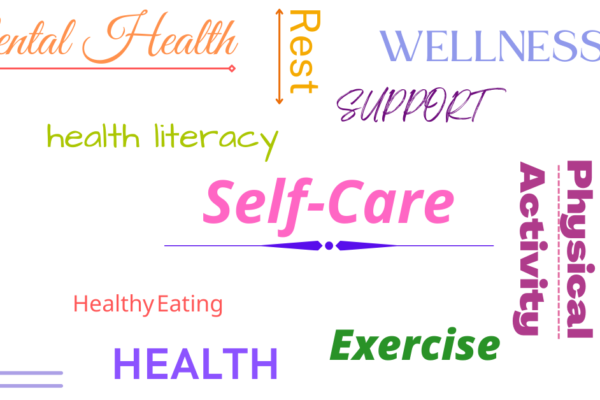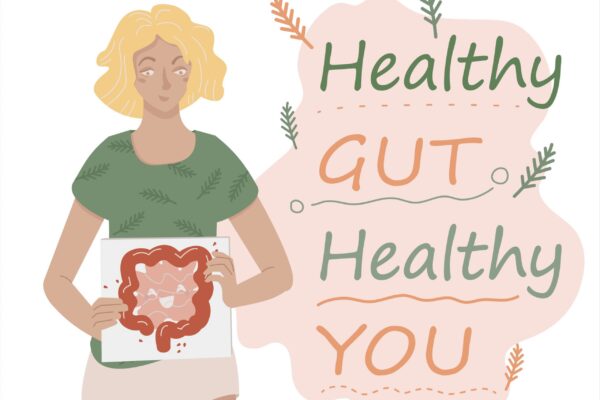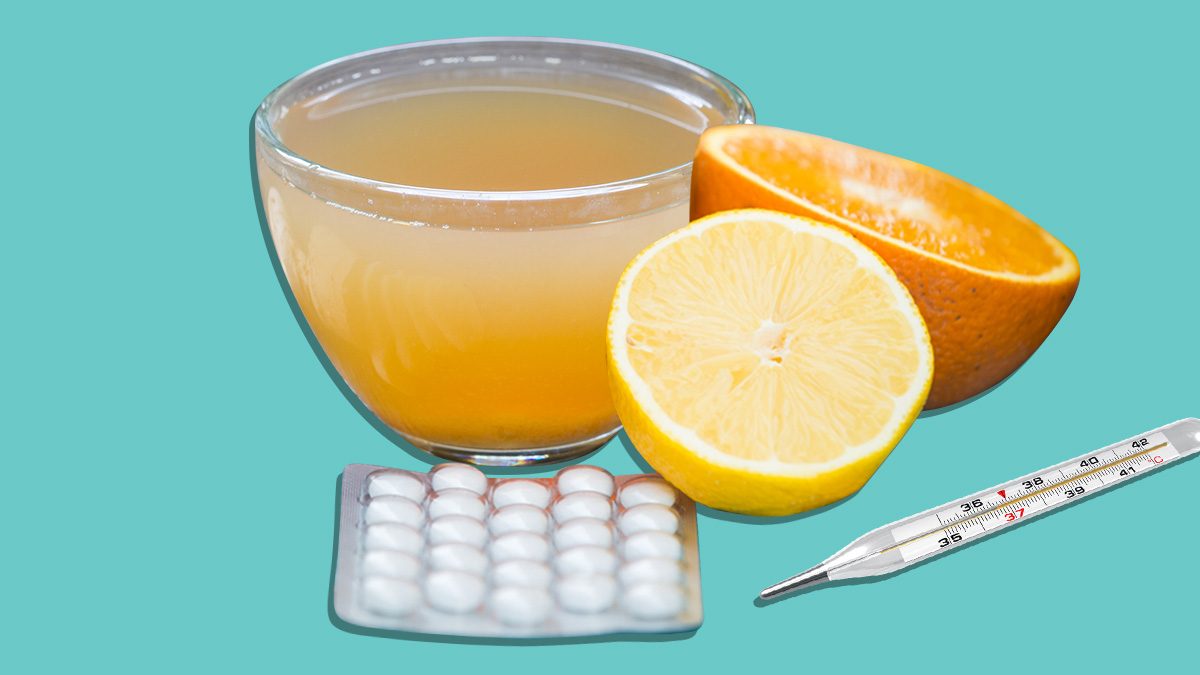Coronavirus
On 31 December 2019, the WHO China Country Office was informed of cases of pneumonia of unknown etiology (unknown cause) detected in Wuhan City, Hubei Province of China. A novel coronavirus (2019-nCoV) was identified as the causative virus by Chinese authorities on 7 January.
On 10 January, WHO published a range of interim guidance for all countries on how they can prepare for this virus, including how to monitor for sick people, test samples, treat patients, control infection in health centers, maintain the right supplies, and communicate with the public about this new virus.
Coronaviruses (CoV) are a large family of viruses that cause illness ranging from the common cold to more severe diseases such as Middle East Respiratory Syndrome (MERS-CoV) and Severe Acute Respiratory Syndrome (SARS-CoV). A novel coronavirus (nCoV) is a new strain that has not been previously identified in humans.
Coronaviruses are zoonotic, meaning they are transmitted between animals and people. Detailed investigations found that SARS-CoV was transmitted from civet cats to humans and MERS-CoV from dromedary camels to humans. Several known coronaviruses are circulating in animals that have not yet infected humans.
Human coronaviruses can sometimes cause lower-respiratory tract illnesses, such as pneumonia or bronchitis. This is more common in people with cardiopulmonary disease, people with weakened immune systems, infants, and older adults
Symptoms may include:
- runny nose
- headache
- cough
- sore throat
- fever
- a general feeling of being unwell
Transmission
Human coronaviruses most commonly spread from an infected person to others through
- the air by coughing and sneezing
- close personal contact, such as touching or shaking hands
- touching an object or surface with the virus on it, then touching your mouth, nose, or eyes before washing your hands
- rarely, fecal contamination
Diagnosis
Your healthcare provider may order laboratory tests on respiratory specimens and serum (part of your blood) to detect human coronaviruses. Laboratory testing is more likely to be used if you have severe disease or are suspected of having MERS.
If you are experiencing symptoms, you should tell your healthcare provider about any recent travel or contact with animals. Most MERS-CoV infections have been reported from countries in the Arabian Peninsula. Therefore, reporting a travel history or contact with camels or camel products is very important when trying to diagnose MERS.
In the United States, people usually get infected with common human coronaviruses in the fall and winter. However, you can get infected at any time of the year. Most people will get infected with one or more of the common human coronaviruses in their lifetime. Young children are most likely to get infected. However, people can have multiple infections in their lifetime.
Prevention
How to protect yourself
There are currently no vaccines available to protect you against human coronavirus infection. You may be able to reduce your risk of infection by doing the following
- wash your hands often with soap and water for at least 20 seconds
- avoid touching your eyes, nose, or mouth with unwashed hands
- avoid close contact with people who are sick
How to protect others
If you have cold-like symptoms, you can help protect others by doing the following
- stay home while you are sick
- avoid close contact with others
- cover your mouth and nose with a tissue when you cough or sneeze, then throw the tissue in the trash and wash your hands
- clean and disinfect objects and surfaces
Treatment
There are no specific treatments for illnesses caused by human coronaviruses. Most people with common human coronavirus illness will recover on their own. However, you can do some things to relieve your symptoms.
- take pain and fever medications (Caution: do not give Aspirin to children)
- use a room humidifier or take a hot shower to help ease a sore throat and cough
If you are mildly sick, you should
- drink plenty of liquids
- stay home and rest
If you are concerned about your symptoms, you should see your healthcare provider.
What can travelers do to protect themselves and others?
- Avoid contact with sick people.
- Avoid animals (alive or dead), animal markets, and products that come from animals (such as uncooked meat).
- Wash hands often with soap and water for at least 20 seconds. Use an alcohol-based hand sanitizer if soap and water are not available.
- Older travelers and those with underlying health issues may be at risk for more severe disease and should discuss travel to Wuhan with their healthcare provider.
If you traveled to Wuhan and feel sick with fever, cough, or difficulty breathing, you should
- Seek medical care right away. Before you go to a doctor’s office or emergency room, call ahead and tell them about your recent travel and your symptoms.
- Avoid contact with others.
- Not travel while sick.
- Cover your mouth and nose with a tissue or your sleeve (not your hands) when coughing or sneezing.
- Wash hands often with soap and water.
Resources
Coronavirus retrieved from https://www.cdc.gov/coronavirus/index.html
Coronavirus retrieved from https://www.who.int/health-topics/coronavirus










